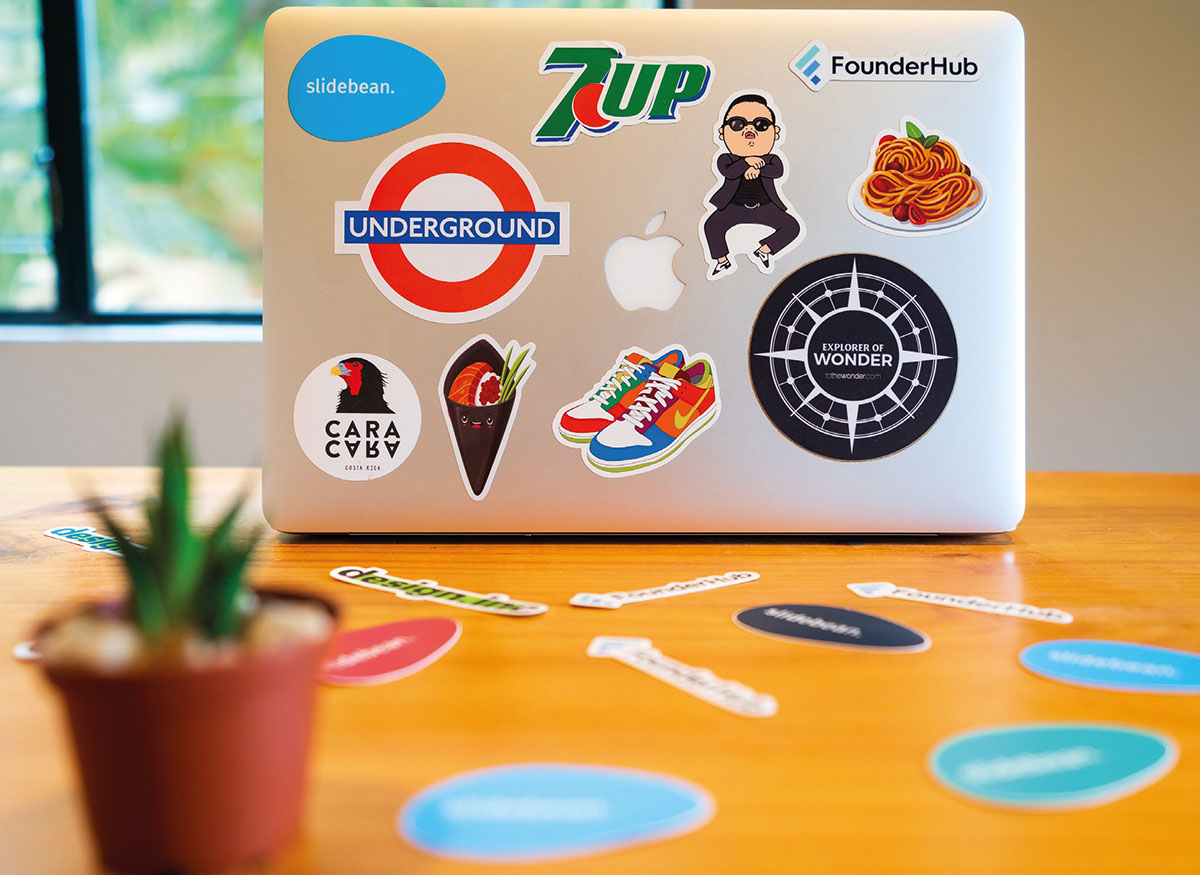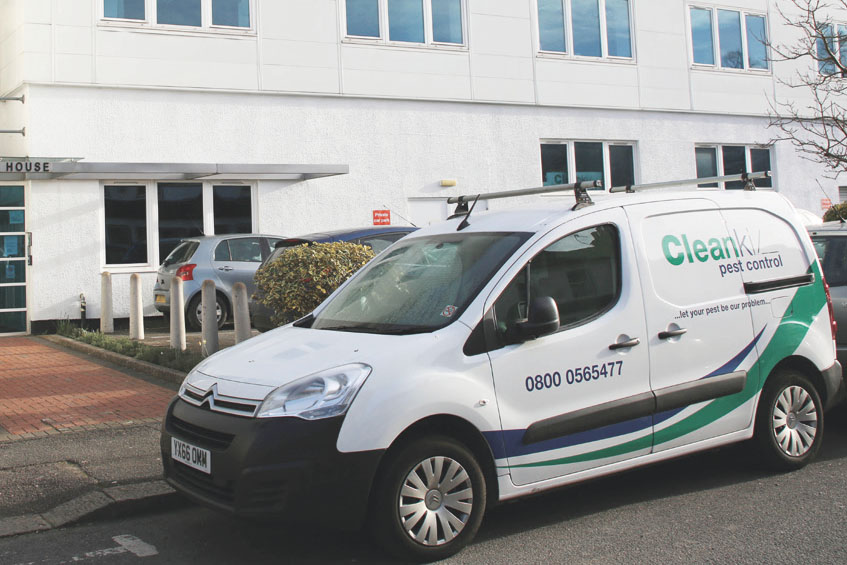
At the Business and IP Centre (BIPC) Sussex, we work with many start-ups around their intellectual property (IP). We’d be lying if we said every start-up who walked through our doors understood the ‘why’, the ‘when’, or even the ‘what’ of IP beyond having ‘something to do with information.’
It’s our mission to help start-ups and growing businesses understand what IP is, what IP their company has, and how to finance or protect it. So, let’s get to grips with the basics here.
The Intellectual Property office (IPO) is the official UK government body responsible for IP rights including patents, designs, trade marks and copyright. Internationally, regulations vary so head to the World Intellectual Property Office (WIPO) for clarity when thinking about your IP abroad.
So what is IP? How do new businesses recognise their IP? What do they need to do once they know they have IP? Can they register it, protect it and even monetise it?
Each type of IP has different regulations, expiry deadlines and costs involved but fundamentally it refers to creations of the mind, such as inventions; literary and artistic works; designs; and symbols, names and images used in commerce. IP is a protectable, physical idea which is an asset of your company if you ever sold it. Plus, IP itself can be licensed or sold, bringing in revenue and working to increase the bottom line.
By ‘physical idea’, this means someone cannot simply call the IPO saying they’ve thought up a continuous motion machine – the IPO will ask for diagrams, descriptions and details in order to register it.
Different types of Intellectual Property:
• Copyright
The odd one out, and yet the most common type of IP as it is free and automatically attributed when someone creates something artistic (drawings, paintings, music, literature, films, broadcasts and so on). Copyright is too daily occurring to be registerable like the other types of IP. If you were to doodle something whilst reading this article, it would be copyrighted to you as copyright is automatically assigned regardless of skill or artistic merit.
You may have spotted the problem though – it’s so commonly occurring that in this internet age, many people don’t know what the laws are, and infringe (use copyrighted works without permission) with even realising they’re doing it. Moreover, ignorance is not an excuse.
• Trade Marks
Arguably the most common type of registered IP, trade marks (you may be more familiar with the terms brand or logo) is the recognisable visual trading mark of your company and/or service/product. To emphasise the power of trade marks, you need only think of the golden arches, the big tick, the fruit with the bite taken out of it to realise how strong trade marks can be. And these can include not only a piece a text, colour scheme, image but a jingle, company character or mascot (desert dwelling mammal in a red velvet smoking jacket, anyone?).
Do not underestimate the power of trade marks. If you ever sell your company, its trade mark will be a financial asset of your company, not just a pretty picture. After all, brands can be a mark of reputation, trust, and reliability for customers. That kind of loyalty can have value.
• Registered Designs
Only applying if your company creates products, this is all about the aesthetics of products. The shape, texture, colour, size and fabric of a handbag, the curves, aesthetics of a chair, even 2D designs like registered patterns. To avoid the chance of people studying their design, changing one detail then registering it as something new, it is common for registered designs to come with a small number of variations on the design, so that the main design and the variations will all be registered and protected, making imitation harder.
• Patents
Ah, inventions! Registering a patent is the most expensive and longest process of them all. Patents are all about how something new and original functions. The application forms are incredibly specific (which makes sense, as they have to protect your invention). The application must be clearly defined so there can be no excuse for infringement. Expect requirements for detailed diagrams, highly technical descriptive text, and a long list of classes to register in. It’s certainly worth ensuring you have a patent attorney (solicitor) handy to check over your application!
To sum it all up, if you’re not sure about the IP your company holds (and believe us, your company has some) get in touch with BIPC Sussex. We can help you identify what is permissible to register, how the registering process works, how to speed it along, and conduct a ‘prior art search’ with you if necessary. We can also show you tools to estimate the value of your company’s IP, and how to identify it, protect it, and what to do if an infringement does occur.
When it comes to helping you identify IP and finding out how it can work for you, we’re here with free advice and support.
Get in touch today!
Email bipc@xq-hove.gov.uk or visit
www.brighton-hove.gov.uk/bipc





